Adding State to the Update Notification Pattern, Part 7 -- Raymond Chen
 Last time, we refined our change counter-based stateful but coalescing update notification. This version still relies on a UI thread to do two things: (1) make the final final change counter check and the subsequent callback atomic, and (2) to serialize the callbacks.
Last time, we refined our change counter-based stateful but coalescing update notification. This version still relies on a UI thread to do two things: (1) make the final final change counter check and the subsequent callback atomic, and (2) to serialize the callbacks.
Adding State to the Update Notification Pattern, Part 7
by Raymond Chen
From the article:
If we don’t have a UI thread, then we open a race condition.
class EditControl { ⟦ ... existing class members ... ⟧ std::atomic<unsigned> m_latestId; }; winrt::fire_and_forget EditControl::TextChanged(std::string text) { auto lifetime = get_strong(); auto id = m_latestId.fetch_add(1, std::memory_order_relaxed); co_await winrt::resume_background(); if (!IsLatestId(id))) co_return; std::vector<std::string> matches; for (auto&& candidate : FindCandidates(text)) { if (candidate.Verify()) { matches.push_back(candidate.Text()); } if (!IsLatestId(id))) co_return; } // co_await winrt::resume_foreground(Dispatcher()); if (!IsLatestId(id))) co_return; SetAutocomplete(matches); }

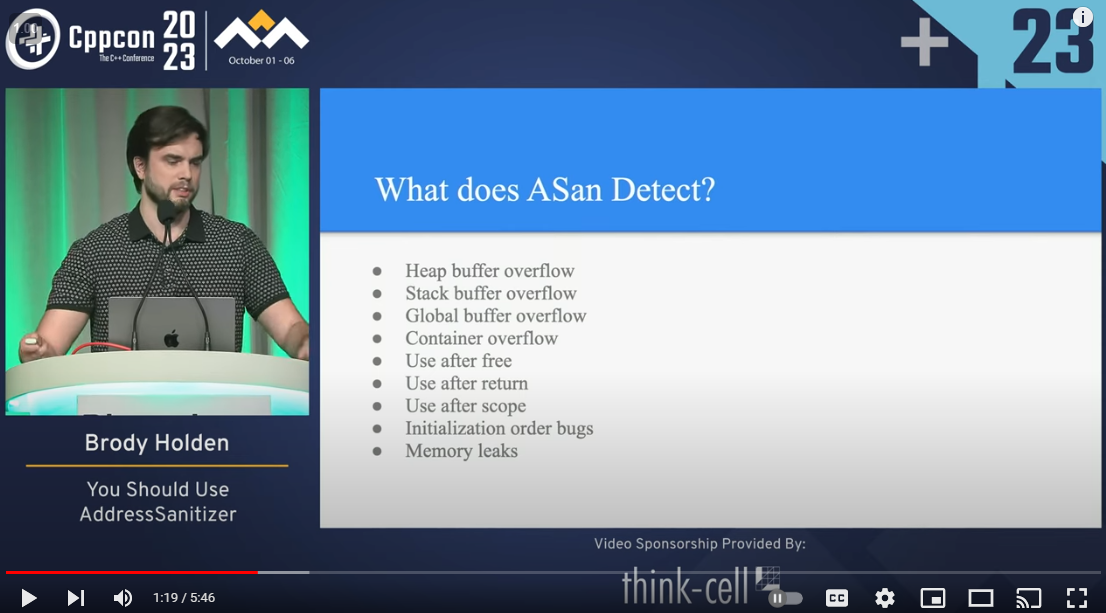 Registration is now open for CppCon 2024! The conference starts on September 15 and will be held
Registration is now open for CppCon 2024! The conference starts on September 15 and will be held 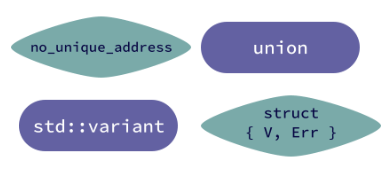 In the
In the  Registration is now open for CppCon 2024! The conference starts on September 15 and will be held
Registration is now open for CppCon 2024! The conference starts on September 15 and will be held 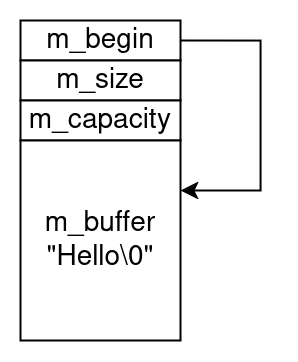 In Qt 4, container classes like QVector introduced an optimization that transformed certain operations on contained objects into efficient byte-level manipulations. By identifying types that can be safely moved via a simple memory copy, Qt was able to streamline reallocations for specific data types like
In Qt 4, container classes like QVector introduced an optimization that transformed certain operations on contained objects into efficient byte-level manipulations. By identifying types that can be safely moved via a simple memory copy, Qt was able to streamline reallocations for specific data types like 
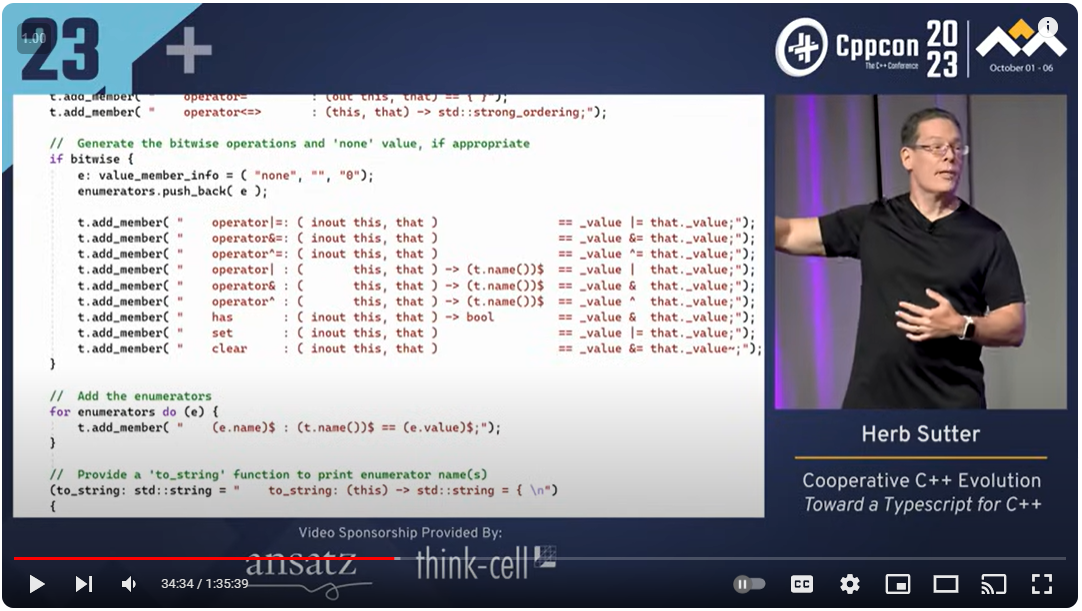 Registration is now open for CppCon 2024! The conference starts on September 15 and will be held
Registration is now open for CppCon 2024! The conference starts on September 15 and will be held 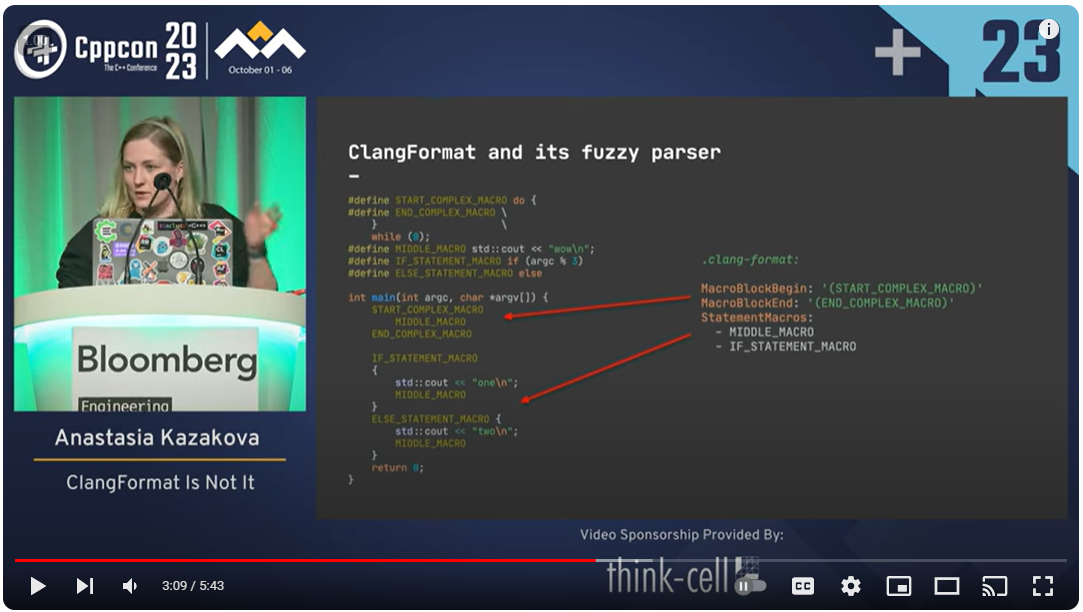 Registration is now open for CppCon 2024! The conference starts on September 15 and will be held
Registration is now open for CppCon 2024! The conference starts on September 15 and will be held